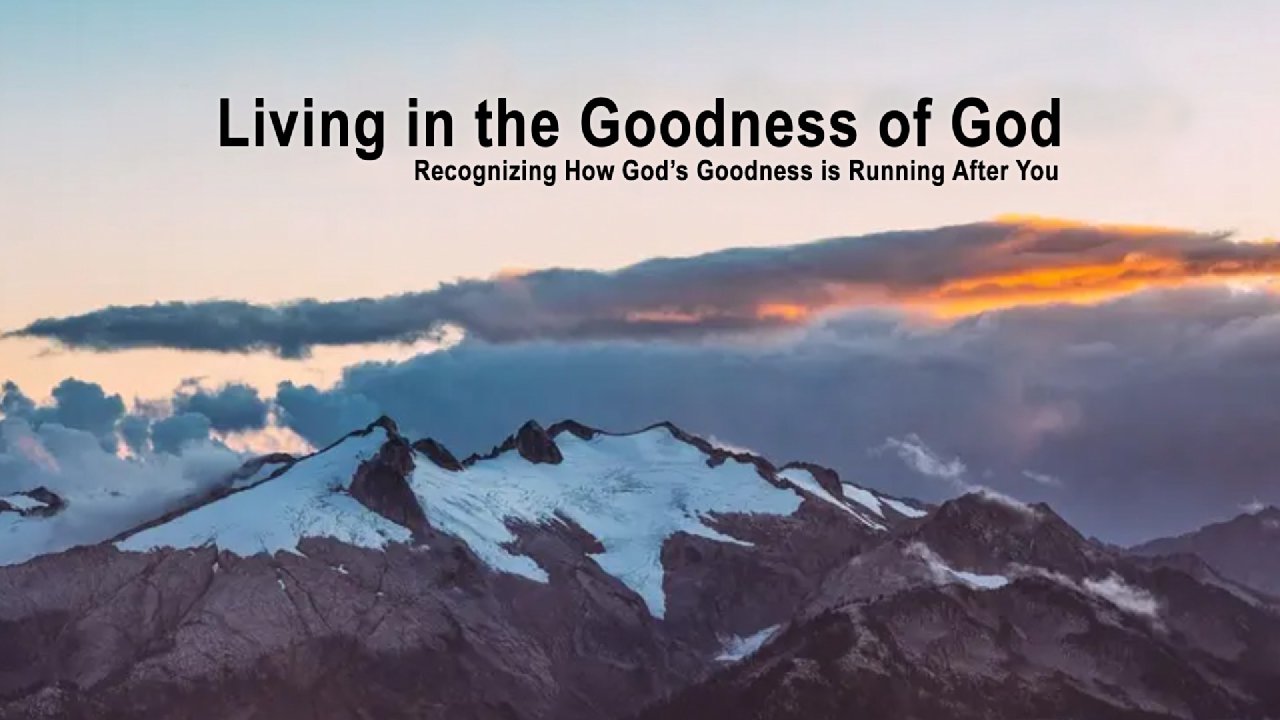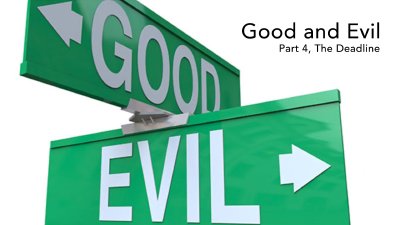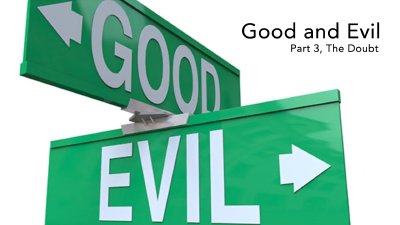The Goodness of God
Part 2, The Sunshine and Rain
Without question, the greatest life principles that have ever been taught are outlined in Jesus’ Sermon on the Mount found in Matthew, chapters 5-7. In this section of the Gospels, the Son of God teaches His born-again children how to live a life that is both pleasing to God and edifying for men.
Jesus covers many topics in this epic sermon, but one was especially shocking to his Jewish audience: God expects His children to love all people, even their enemies! Their religious leaders had historically taught the Jews to hate those who hated them and Jehovah God. This is what Jesus alludes to in Matthew 5:43, Ye have heard that it hath been said, Thou shalt love thy neighbour, and hate thine enemy. The premise of this misteaching was this: the Jews assumed “hate” was God’s opinion of evil men. Since, indeed, God always hates evil, and always judges evil, and will one day sentence to eternal perdition all those who choose to practice evil… THEN it seemed to the Jewish leadership that God hated evil people! After all, this is what seems to be taught in Psalm 21:8, Thine hand shall find out all thine enemies: thy right hand shall find out those that hate thee, and in Psalm 68:1, Let God arise, let his enemies be scattered: let them also that hate him flee before him. And David’s inspired words in Psalm 139:19-22 sound especially vengeful…
- Psalm 139:19-22 Surely thou wilt slay the wicked, O God: depart from me therefore, ye bloody men. 20For they speak against thee wickedly, and thine enemies take thy name in vain. 21 Do not I hate them, O LORD, that hate thee? and am not I grieved with those that rise up against thee? 22 I hate them with perfect hatred: I count them mine enemies.
So, when the Son of God preached that His disciples should not hate, but rather LOVE their enemies, it was radical! It was shocking! It was puzzling!
How do we reconcile God’s love and goodness vs. God’s justice? This is one of those age-old, seeming paradoxes of the faith. How can God be both loving and wrathful? The answer is hinted at in Jesus’ instructions there in Matthew 5:43-48. We can summarize by simply stating that God hates sin, but He loves the sinner. He loves people! Yes, God WILL judge sinners, i.e., those, who in rebellion, choose to practice and revel in their sins. But until that time when men and women step beyond His grace (i.e., die in their sins), God is gracious, He is patient, and He is loving, not willing that any should perish! And proof of God’s loving goodness toward all men is the fact that …he maketh his sun to rise on the evil and on the good, and sendeth rain on the just and on the unjust (Matthew 5:45).
Jesus’ point is that since God is good to all, then we also should be good toward all, even toward those who persecute and despitefully use us. This type of attitude and behavior reflects the gentle and kind nature of the Savior, Who, when he was reviled, reviled not again; when he suffered, he threatened not; but committedhimself to him that judgeth righteously… (1Peter 2:23).
God is good and all of His works are righteous. Yes, we should flee from and hate sin. And we should not participate with men in their sins. But like our Savior, we should show love and patience with the sinner. And this we should do because that is what Jesus did for us! Romans 5:8 reads, But God commendeth his love toward us, in that, while we were yet sinners, Christ died for us.
God bless and consider!








